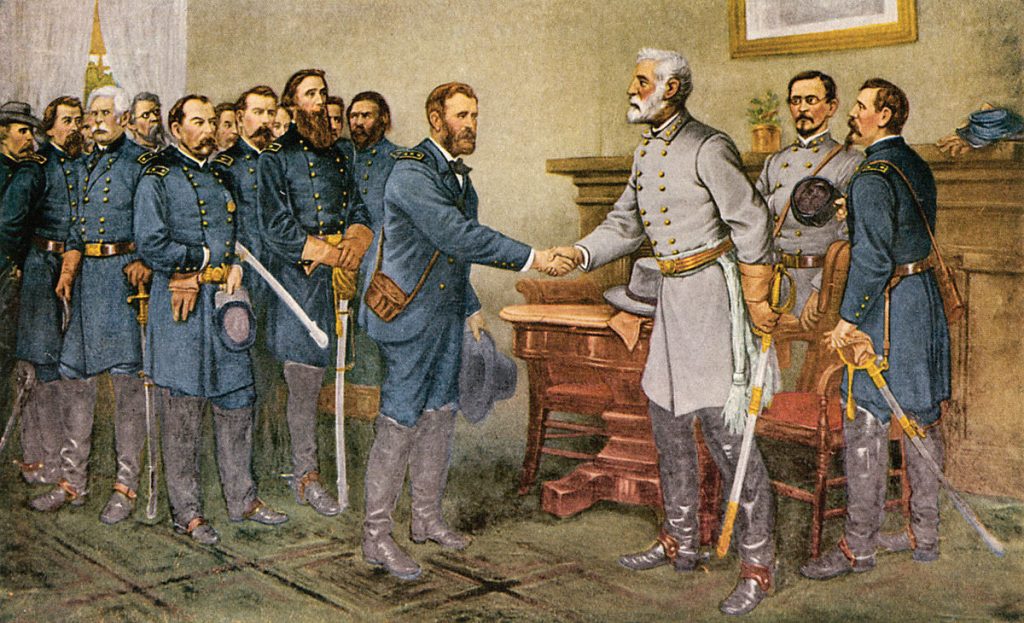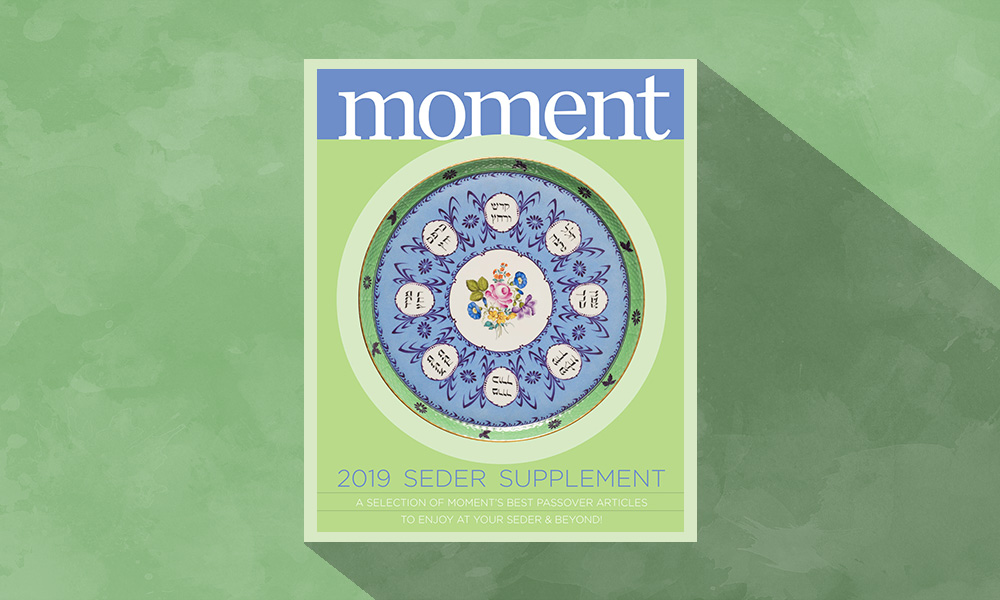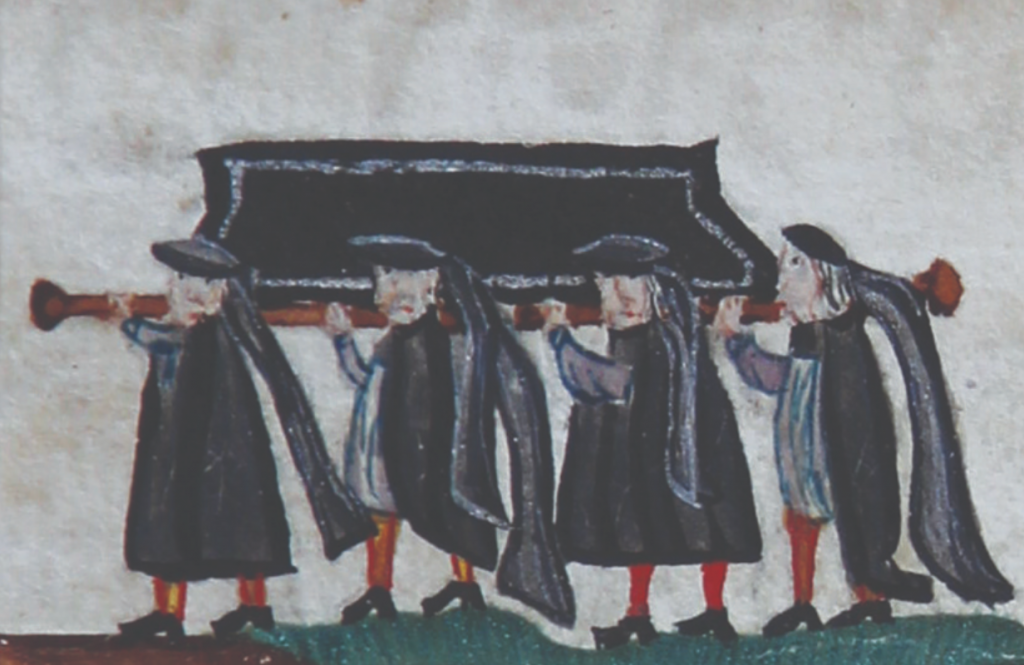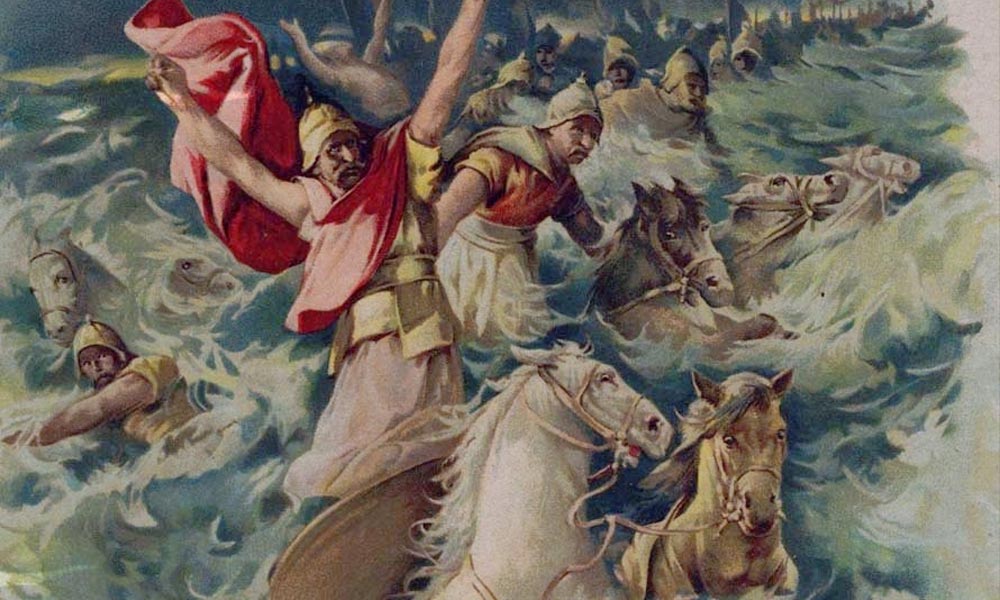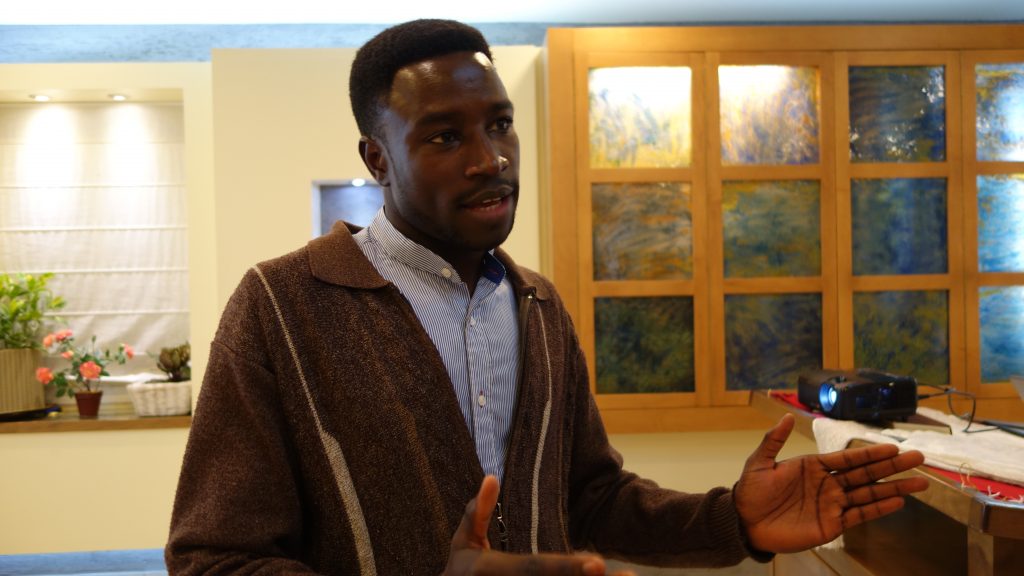Confronting Passover, 1865
By 1865, it seemed self-evident that American emancipation resonated with biblical emancipation in powerful ways. But it had not always been so: This new resonance of meaning captured the hearts of American Jews only during the vicissitudes of the Civil War. Before the Civil War, most American Jews did not oppose slavery. There were exceptions, but most Jews voted Democrat, and Democrats were tolerant of slavery. The anti-slavery parties were tarred with nativism, which was distasteful and threatening to a Jewish community composed largely of immigrants and first-generation Americans. And many, including such luminaries as the Reform rabbi Isaac Mayer Wise and the Orthodox rabbi Morris Raphall, considered acceptance of American slavery consonant with the Bible, which documents slavery and sets parameters for its practice within the Israelite community.

